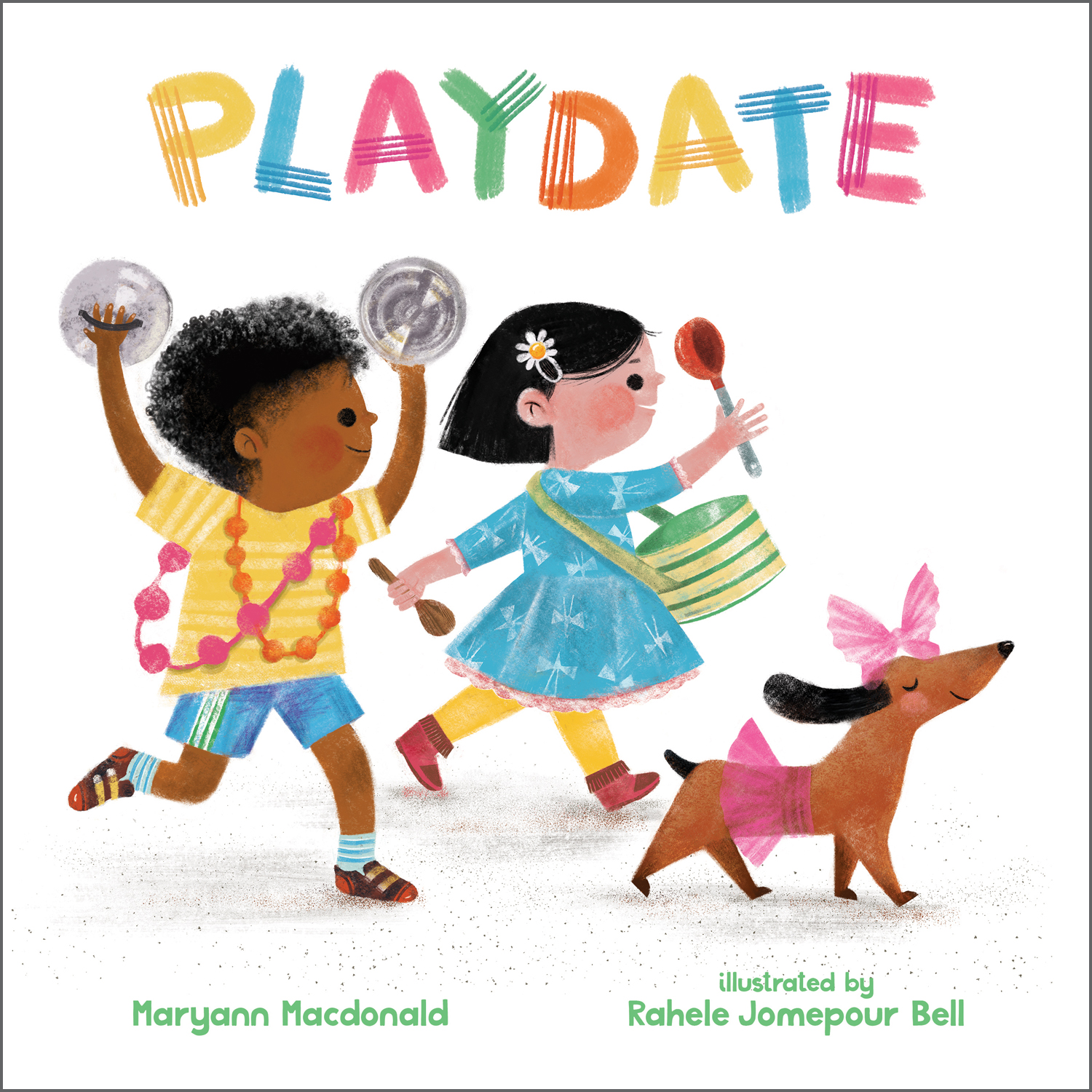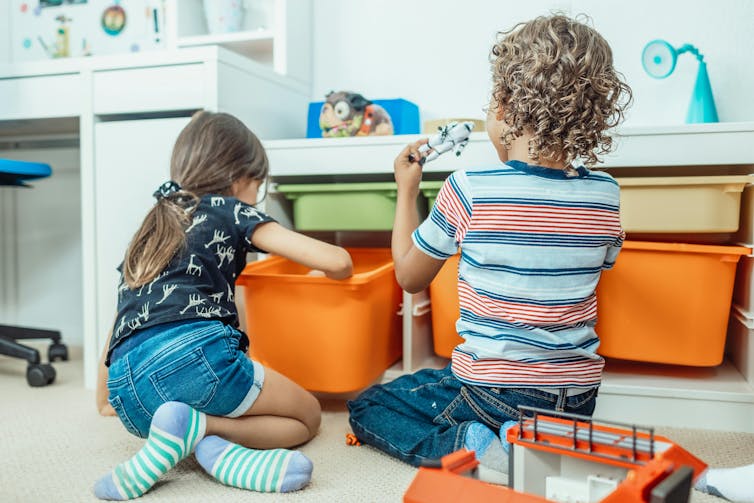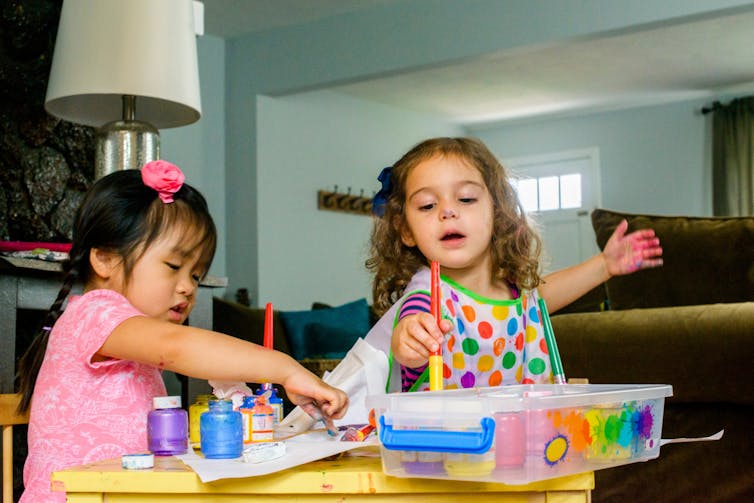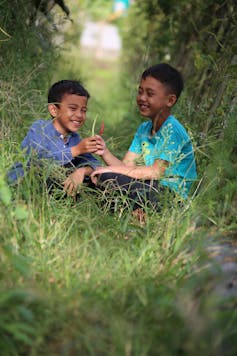- Abuse & The Abuser
- Achievement
- Activity, Fitness & Sport
- Aging & Maturity
- Altruism & Kindness
- Atrocities, Racism & Inequality
- Challenges & Pitfalls
- Choices & Decisions
- Communication Skills
- Crime & Punishment
- Dangerous Situations
- Dealing with Addictions
- Debatable Issues & Moral Questions
- Determination & Achievement
- Diet & Nutrition
- Employment & Career
- Ethical dilemmas
- Experience & Adventure
- Faith, Something to Believe in
- Fears & Phobias
- Friends & Acquaintances
- Habits. Good & Bad
- Honour & Respect
- Human Nature
- Image & Uniqueness
- Immediate Family Relations
- Influence & Negotiation
- Interdependence & Independence
- Life's Big Questions
- Love, Dating & Marriage
- Manners & Etiquette
- Money & Finances
- Moods & Emotions
- Other Beneficial Approaches
- Other Relationships
- Overall health
- Passions & Strengths
- Peace & Forgiveness
- Personal Change
- Personal Development
- Politics & Governance
- Positive & Negative Attitudes
- Rights & Freedom
- Self Harm & Self Sabotage
- Sexual Preferences
- Sexual Relations
- Sins
- Thanks & Gratitude
- The Legacy We Leave
- The Search for Happiness
- Time. Past, present & Future
- Today's World, Projecting Tomorrow
- Truth & Character
- Unattractive Qualities
- Wisdom & Knowledge
Relationships Sundays
Meet Ups At The Park
As part of the homeschool community, we are constantly meeting new people. Meet ups at the park are an essential part of our life so that there’s public spaces to get to know each other!
For anyone who is looking to expand their social circle, park meet-ups are a fantastic, low-pressure way to connect. There’s something inherently welcoming about a park setting—the open space, the kids playing freely, and the casual atmosphere all contribute to a relaxed environment for adults to chat and get to know one another.
We've found that these informal gatherings are perfect for those first few times that you get together with someone new. There's no expectation of elaborate planning or hosting; everyone just shows up, the kids play, and the adults connect. That makes for a low pressure get together - it’s the easiest way to get together. Not only is it a great opportunity to enjoy adult conversation while the children entertain themselves, it’s also a wonderful time for the kids to build friendships and have different playmates.
If you're trying to get to know someone new, don't overthink it! Pick a park and invite some people. It can feel intimidating to reach out and get to know new people, so this is such a low key way to open the door. Bring a snack, a blanket, and an open mind. You might just find your next great friend or a supportive community that makes all the difference.
Interesting Fact #1
Social interaction is such a very important part of how children develop
Interesting Fact #2
“What happens during playdates can really support healthy development,” she says. “Social interaction with other children is a very healthy way to develop in all domains, including social, emotional, cognitive, language and physical domains.”
Interesting Fact #3
The same parents wondering “are playdates necessary?” might be glad to know that the playdate “phase” does eventually end. In fact, parents should encourage kids’ independence in choosing friends and play opportunities as they get older – which is also something think about when considering whether to bring older siblings to playdates.
Quote of the day
“Time is a game played beautifully by children.” ― Heraclitus
Article of the day - Holiday playdates are great for kids – but ditch the stress and don’t compare milestones
During school holidays, playdates can provide a brilliant opportunity for social interactions for both children and their parents. They can help children get to know kids at their current or future daycare and school.
So, what makes a great playdate – and how can parents make them less stressful?
Here are some things to consider.
Play is how children learn and make sense of the world. Photo by Kindel Media/Pexels
Play is good for children
Play is how children learn and make sense of the world around them.
Through play, children can:
- develop their social and emotional skills
- practice sharing and taking turns
- get better at reading other children’s emotions
- learn to negotiate conflict
- solve problems
- navigate challenges
- develop thinking skills as they make up new games and encounter new ideas.
Play can support children’s executive functions, meaning the mental skills we use when we think flexibly, use our memory and practise self-control.
Play nurtures a child’s imagination, allowing them to build on each other’s ideas to invent new imaginary worlds. Imagination helps us develop the skills for abstract thinking.
Playdates can also help parents find support and understanding from someone going through the same thing. They can discuss challenges and share solutions for common parenting struggles, such as sleep routines and healthy meal ideas.
Offering your child a diverse buffet of playdate options
Playdates can also provide children with possibilities they can’t get in the family home. That includes giving them an understanding of our diverse communities.
So, it’s great for parents to put some intention into who their child plays with and who gets invited to a playdate.
Think about how diverse your child’s world is now and if you are limiting their world to people just like you. Is there an opportunity to open their world to the rich diversity they will experience in society as they grow?
It is important for children to value difference, embrace diversity and be exposed to different languages.
This can help children think about language, improve their cultural awareness and develop more flexible and inclusive social skills.
Think about how diverse your child’s world is now and if you are limiting their world to people just like you. Connect Images - Curated/Shutterstock
A little planning can go a long way
Planning a playdate can be stressful. Parents can end up worrying about where to go, what to do, whether the house is tidy enough, or that you might be judged about the food you offer. Meeting in a public space such as a local park or playground can help.
Parents also worry their child might misbehave, not play well with others or announce they’re bored. But playdates are about giving kids a chance to learn social skills and resolve conflicts. When disputes arise, support them to identify their feelings and brainstorm solutions.
If you are meeting at home, think up some play activities that are open-ended and suitable for a range of age groups and interests. Examples include:
- painting
- drawing
- pavement chalk
- cutting and gluing from magazines
- playing or constructing things with cardboard boxes
- ball games with simple targets (like a saucepan or laundry basket)
- building blanket forts
- camping indoors or outdoors with a small tent.
For a playdate in a park, a nature scavenger hunt is fun – can the kids each find a feather? A gumnut? A special rock?
Another idea for an outdoor playdate might be a bush walk. Catatan Effendy/Shutterstock
Another idea for an outdoor playdate might be a bush walk, where kids can learn to identify local native plants.
My own research has found many adults and children know very little about native plants.
Building this knowledge is important to be able to recognise toxic plants, as well to understand some Indigenous knowledges about the plants in our local environment.
Some can be used to make delicious drinks or to add to food, or to take the sting out of an ant bite.
Learning together with another family using a plant app such as Inaturalist can make learning more enjoyable.
Ditch the stress and don’t compare
During playdates, it is common for parents to compare their child with other children. They can end up stressing about milestones and if their child is “behind”.
Research shows while there are general milestones that most children will reach, this can happen within a broad timeframe. Usually, there’s nothing to worry about.
If you’re really concerned, your local child health nurse or your GP is the best place to go.
Instead of talking in depth about “milestones” during playdates, try chatting instead about local places to play, books you or your child enjoys or recipe ideas for families.
For a successful playdate, try to focus on the enjoyment of the children and supporting them to play.
Have in mind some activities suitable for the venue you choose. Then step back and let the children explore the world around them while they get to know each other.
Question of the day - What is your favorite public space to meet up with friends or community members?
Friends & Acquaintances
What is your favorite public space to meet up with friends or community members?















